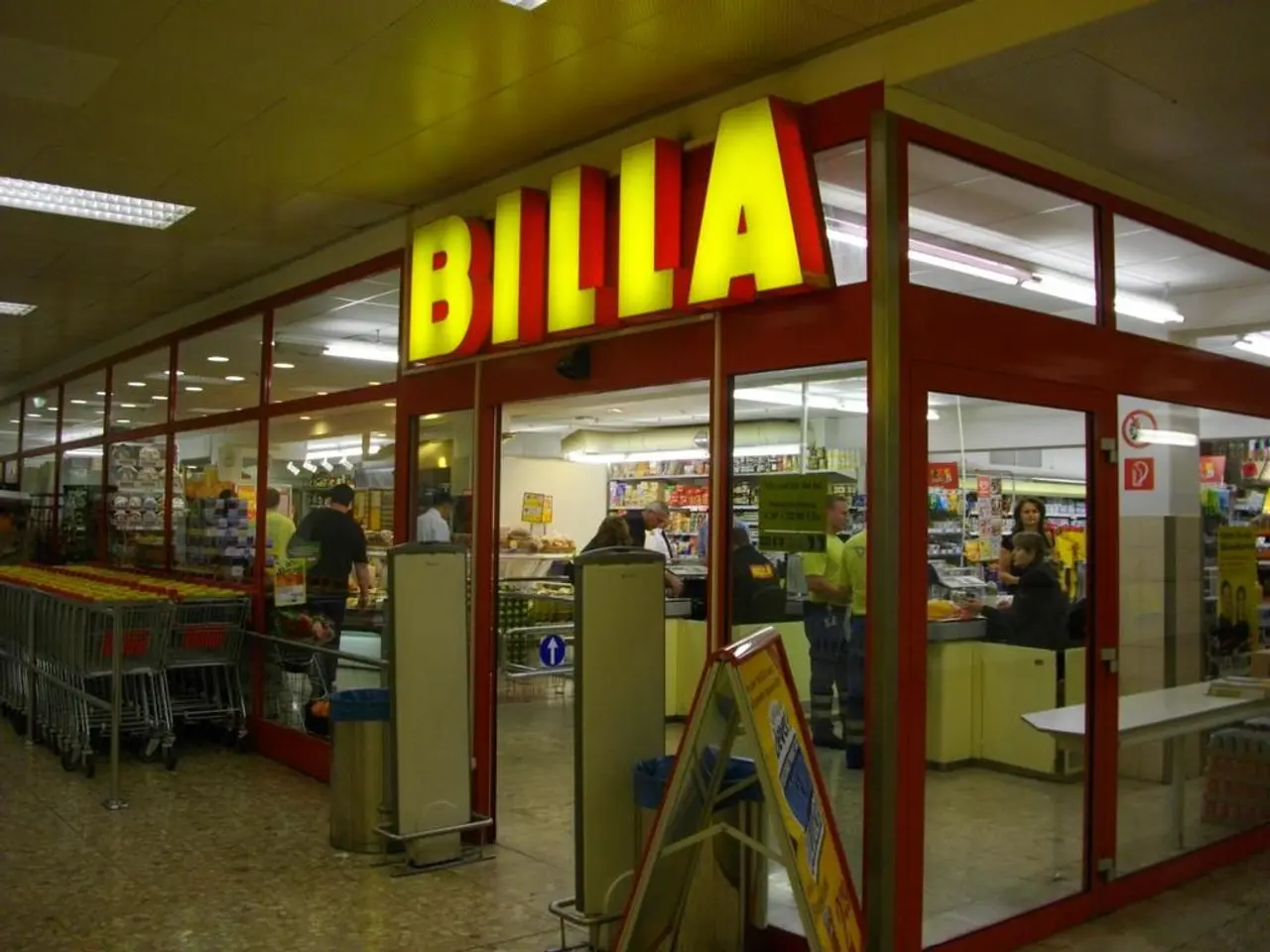old clothes recycling facility in Bitterfeld-Wolfen resumes operations
In the Anhalt-Bitterfeld district, the textile recycling facility in Bitterfeld-Wolfen has resumed operations on May 2025, following a confirmation from Christina Bunnenberg, spokeswoman for Interzero, the company now operating the plant. Approximately 80 people are currently employed at the site, as stated by Bitterfeld-Wolfen's mayor, Armin Schenk.
The fast fashion industry presents significant challenges for textile recyclers, with the massive volume, poor quality, and complex material blends of discarded garments creating a burden that current recycling technologies struggle to manage. According to reports, it would take decades for H&M's recycling technology to process just a week's worth of their discarded clothing. As a result, about 80-85% of textile waste ends up in landfills or incinerators, causing environmental harm and a substantial loss of valuable raw materials.
Mayor Schenk views the restart of the facility as an important economic signal, while also acknowledging the importance of the circular economy in the future. Saxony-Anhalt's Minister for the Environment, Armin Willingmann (SPD), has expressed concerns about an impending supply gap and urged manufacturers to be involved in the disposal costs.
Interzero's approach to addressing these challenges involves a new concept that optimizes sorting processes to reduce costs. The company has taken over the previously idle recycling plant, which was closed by the previous operator, Soex, last year, resulting in the loss of around 230 jobs. Soex filed for insolvency in October 2024.
The clothing donation system in Germany is on the brink of collapse, with complaints piling up due to overflowing containers for clothing for the needy. As a result, cities and districts in Germany are now legally required to organize the collection of used textiles themselves. Meanwhile, more and more used clothing containers are being dismantled in Thuringia, with the aim of recycling as much as possible due to the EU waste directive.
Used clothing and shoes in the Bitterfeld-Wolfen plant are sorted, processed into cleaning cloths or blankets, or resold. Dubai is an important sales market for used textiles. The textile collector Humana has dismantled more than 200 collection containers in Saxony-Anhalt in May, citing a significantly increased collection volume and a decreasing quality of the clothing collected, caused by the boom in "fast fashion," as the reason for their withdrawal from the market.
The employment agency is still seeking additional warehouse workers for the site. A vacant area of this size is not a good calling card for an economic region, according to Mayor Schenk. He emphasizes that increasing collaboration among brands, innovators, and consumers to adopt circular fashion principles and invest in advanced recycling technologies could transform the market and alleviate these challenges.
[1] Source: Fast Company, "H&M's recycling technology can't keep up with its fast fashion waste", 2022. [2] Source: European Environmental Agency, "Textile waste in Europe", 2020. [3] Source: Ellen MacArthur Foundation, "A new textiles economy: Redesigning fashion's future", 2017. [4] Source: Finnish Innovation Fund Sitra, "Revitalising textile collection and recycling", 2022. [5] Source: McKinsey & Company, "The circular economy in fashion", 2018.







